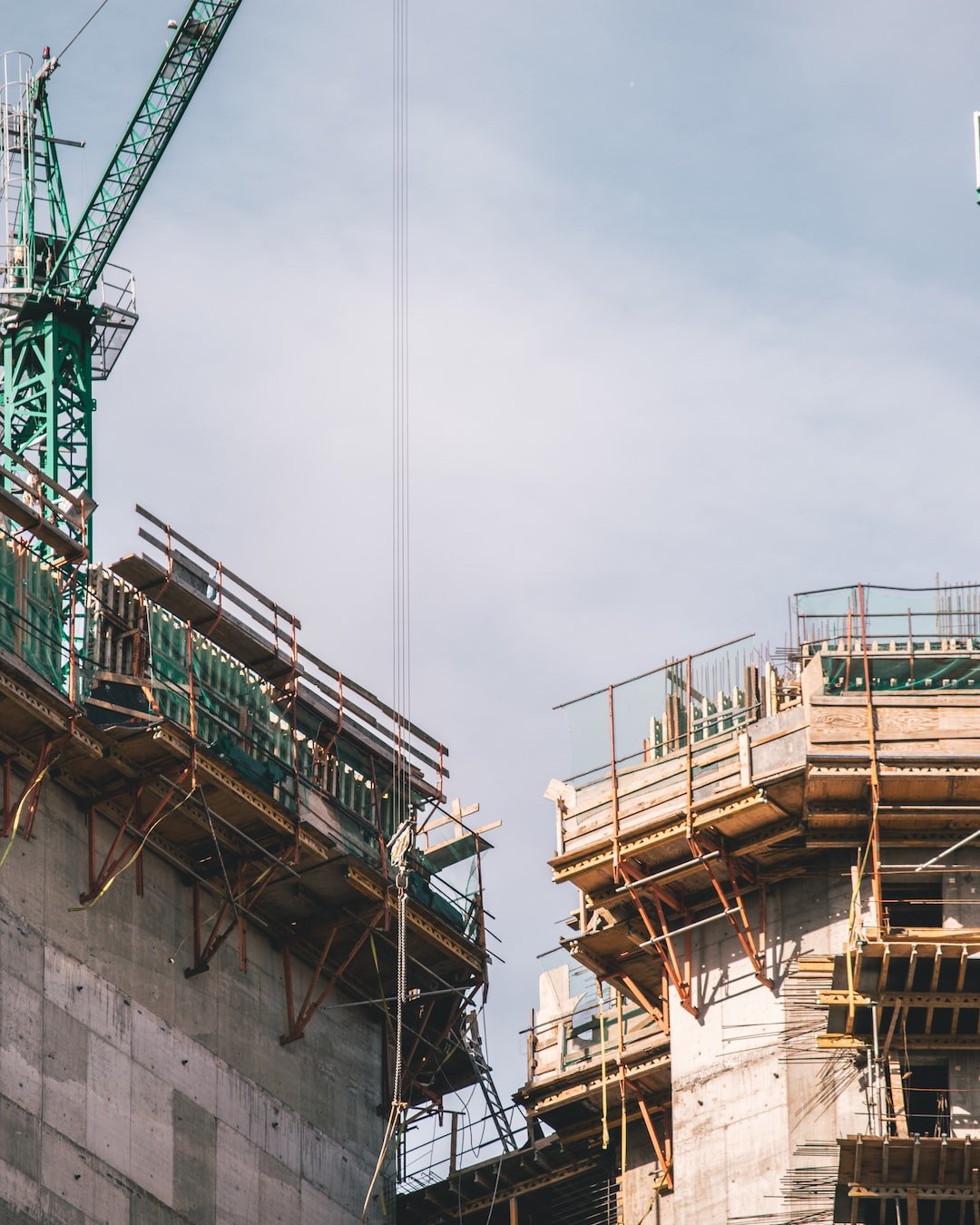Exploring the Field of Geotechnical Engineering and Its Role in Infrastructure Stability
When we think about infrastructure stability, we often envision strong buildings, sturdy bridges, and durable roads. However, what lies beneath the surface is just as crucial to the stability and integrity of these structures. This is where geotechnical engineering comes into play.
Geotechnical engineering is a specialized field of civil engineering that deals with the behavior of soil and rock in relation to the design, construction, and maintenance of civil engineering projects. It involves analyzing the soil and rock properties, evaluating the stability of slopes and foundation, and mitigating potential risks and hazards. In simple terms, geotechnical engineering ensures that the structures we build remain safe and stable on the ground.
One of the primary roles of geotechnical engineering is to assess soil conditions to determine their suitability for construction. Different types of soil have varying properties that can impact the stability of a structure. For instance, cohesive soils, such as clay, tend to shrink and swell with moisture content changes, posing challenges for foundation design. On the other hand, granular soils, like sand, provide better drainage but may be susceptible to erosion. Geotechnical engineers conduct various tests and investigations to understand soil behavior and provide recommendations for foundation design and stabilization methods.
Geotechnical engineers play a significant role in ensuring the stability of infrastructure projects. For example, when constructing a high-rise building, they analyze the soil composition and characteristics to determine the correct type and depth of foundation required to support the structure. Improper foundation design can lead to settlement, differential movement, or even collapse of the building.
Infrastructure stability is also crucial in transportation systems. Bridges, for instance, heavily rely on geotechnical engineering to analyze and design stable foundations and abutments. Soil conditions, such as those found near rivers or coastal areas, may present challenges due to the soft or unstable nature of the ground. Geotechnical engineers work closely with structural engineers to develop solutions that ensure the stability and safety of these critical transport networks.
Moreover, geotechnical engineering plays a crucial role in assessing and mitigating potential geohazards. Landslides, earthquakes, and sinkholes are just a few examples of natural occurrences that can affect the stability of infrastructure. Geotechnical engineers employ various techniques, such as slope stability analysis and ground improvement methods, to minimize the risk posed by these hazards.
In conclusion, geotechnical engineering is a vital field in ensuring the stability and integrity of infrastructure projects. By assessing soil and rock properties, analyzing potential risks, and designing appropriate foundation systems, geotechnical engineers help prevent structural failures and ensure the safety of our built environment. As society continues to expand and develop, the role of geotechnical engineering in maintaining infrastructure stability becomes increasingly significant.

